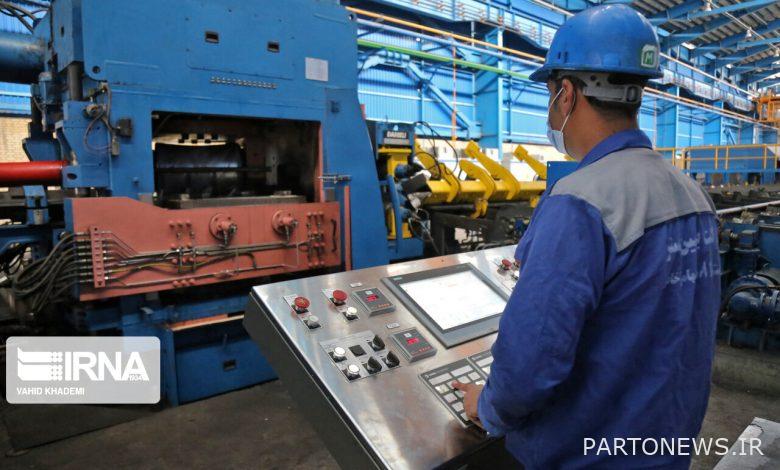The private sector uses legal representation in litigation in favor of production and employment

According to IRNA, yesterday evening, the plan to amend the law on the use of legal representatives of some agencies in the judiciary was discussed in the presence of officials from the judiciary and the Bar Association in the Legal and Judicial Commission of the Islamic Consultative Assembly.
The law gives some government departments the right to have legal representation in the courts.
In the plan to amend the law on the use of some legal representatives in the judiciary, members of parliament sought to ensure that public bodies such as municipalities and the Martyr Foundation, as well as production units and the private sector, could use legal representatives in the courts. University law graduates can even be hired for this purpose, but the criteria and conditions of these people must be determined by the Bar Association and the judiciary.
In this regard, the secretary of the Iranian Entrepreneurs Association in an interview with IRNA economic reporter added: “Last year, the Iranian Entrepreneurs Association, together with all production associations, raised this issue in a letter to the then head of the Judiciary. In the past, the general plan was approved by the Parliament’s Legal and Judicial Commission.
“According to the World Bank’s business indicators, there are five indicators related to the legal and judicial sector, including the” cost, time and quality of resolving commercial disputes in the courts of a country, “Hamid Reza Ghaznavi said.
“Previously, public and private sector companies could use legal representation in litigation, but private sector companies could not and should have hired a lawyer,” he said.
Ghaznavi continued: “Although large private sector companies were financially viable and economically viable for them, small and medium-sized companies could no longer pursue their cases because of the cost of hiring a lawyer, or it took a long time, which is detrimental to business.”
He pointed out: “These conditions will definitely benefit the people and agents of the legal system, because in addition to creating a competitive environment, even university graduates in the field of law and law are encouraged to work; Discrimination between the private and public sectors will also be eliminated and better services will be provided to units at lower costs.
The Secretary of the Iranian Entrepreneurs Association pointed out: There are about 90,000 small, medium and large enterprises and workshops in the country, except for less than 100 super-enterprises, about 3,000 enterprises with more than 100 employees and the rest are classified as small and medium enterprises. It disrupted their business.
The need to solve production problems
Concluding on the removal of barriers to production in 1400, he stated: “It seems that last year the priorities shifted and, for example, changes in organizational structure gave way to solving the problems of the production sector.”
Ghaznavi said: “Last year, we saw less participation of civil and legal institutions, as well as entrepreneurs, producers, associations and unions in decision-making that such a situation can not be suitable for production and the economy; In industrialized and developed countries, however, large corporations and organizations are involved and influential in decision-making.
